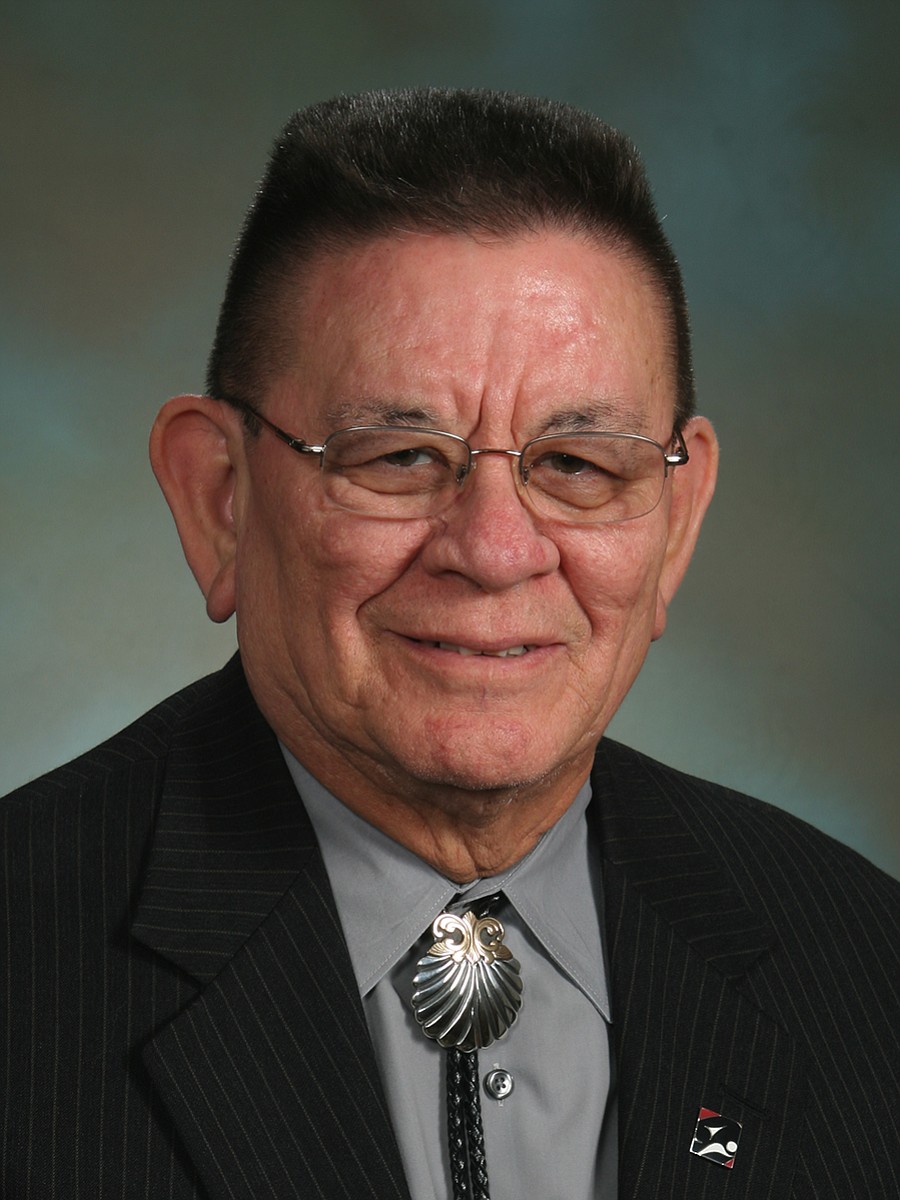TULALIP — After his home was burglarized while he and his wife slept, a Tulalip lawmaker is reinvigorating his efforts to pass a bill that would allow police to track cellphone signals.
McCoy called Tulalip police. When an officer arrived, McCoy used an iPad to electronically track the whereabouts of the missing phone. He relayed the phone’s movements to the Tulalip police officer as it traveled from Snohomish to Everett. The Tulalip officer, in turn, contacted police from other agencies.
In short order, officers arrested a suspect, who had previous felony convictions for theft, identity theft, forgery and possessing stolen property, The Everett Herald reported Monday.
State law prevented the officers from pinging the phone on their own without a warrant, McCoy said. “I kept them updated because they couldn’t do it” without jeopardizing the investigation, he said.
It wasn’t the first time McCoy’s family has used software to track down stolen property. Three months earlier, McCoy’s wife had a cellphone snatched right from her hands. Police were able to catch a suspect that same day after the family used pinging technology to track the missing phone.
The experiences are inspiring McCoy to again push a bill that died last session. The bill would require wireless companies to provide call-location information to police in cases of emergencies involving risk of death or physical harm.
McCoy also followed the story of a Kansas family whose daughter was killed in 2007 after she was kidnapped in the parking lot of a department store. Kelsey Smith, 18, had been in possession of a cellphone that could have revealed her location. It took three days before the telecommunications company provided that information to police.
Laws inspired by the Kelsey Smith case have been passed in more than a dozen states.
While the Washington chapter of the American Civil Liberties Union remained neutral on the bill, the organization had privacy concerns that include what would constitute an emergency.
“We understand there are valid reasons in an emergency,” said Doug Klunder, an ACLU attorney specializing in privacy cases. “Just as in any emergency situation, cops don’t need to get warrants. Because of that, we did not take a position on the bill.”
Washington’s constitution has strong privacy protections. “Although some federal court decisions have held that the government does not need a warrant under the Fourth Amendment to obtain cell phone location data, the analysis under the state Constitution may be different,” a staff analysis of the bill during the last session found.
As it stands, prosecutors across Washington advise police to obtain search warrants before seeking cellphone location data from service carriers, the analysis found.
It is important to define what is and isn’t an emergency so police don’t overstep their authority, Klunder said.
“In nonemergency situations, we do believe a warrant is required, and almost certainly a warrant is required by our state constitution,” he said. “… If it’s just the police on a hunch, that’s problematic.”



